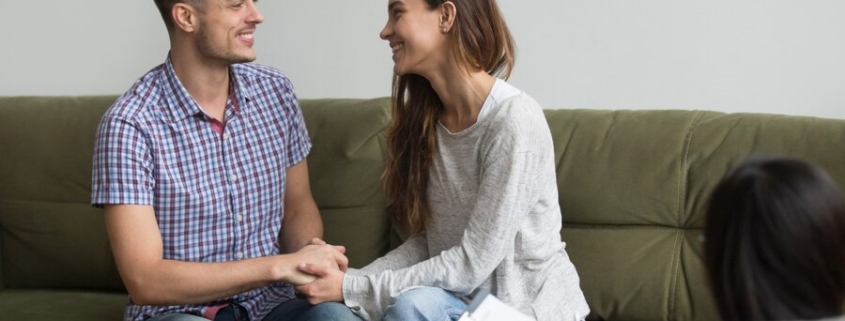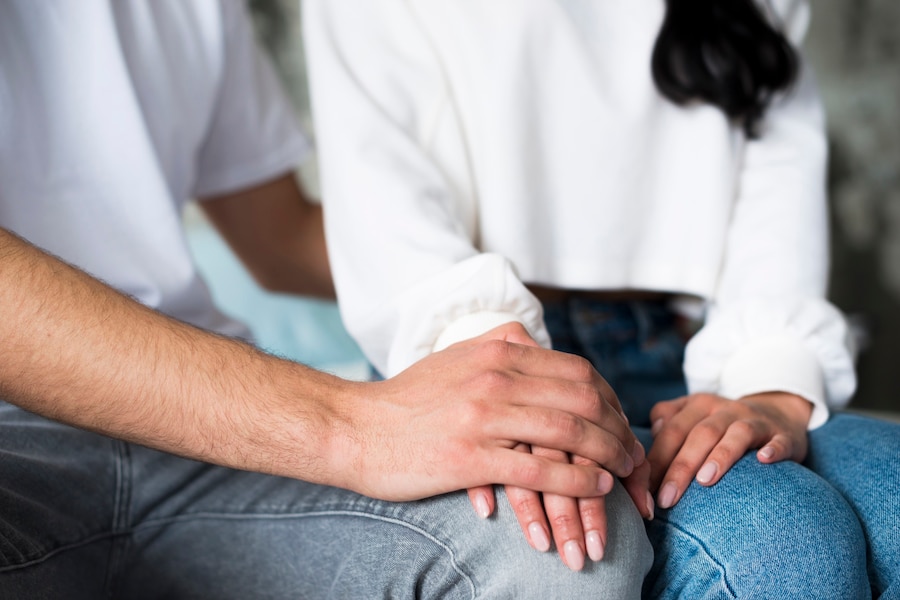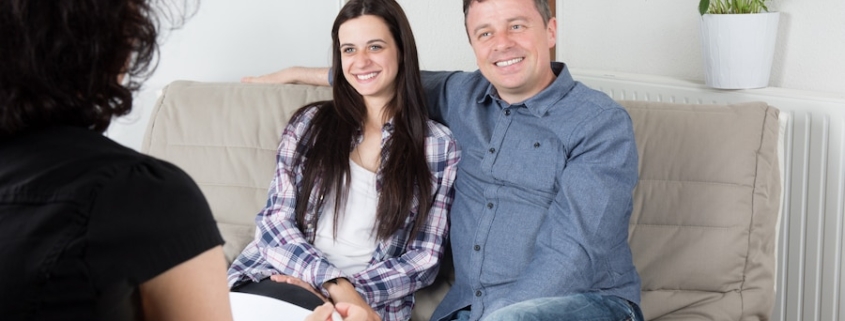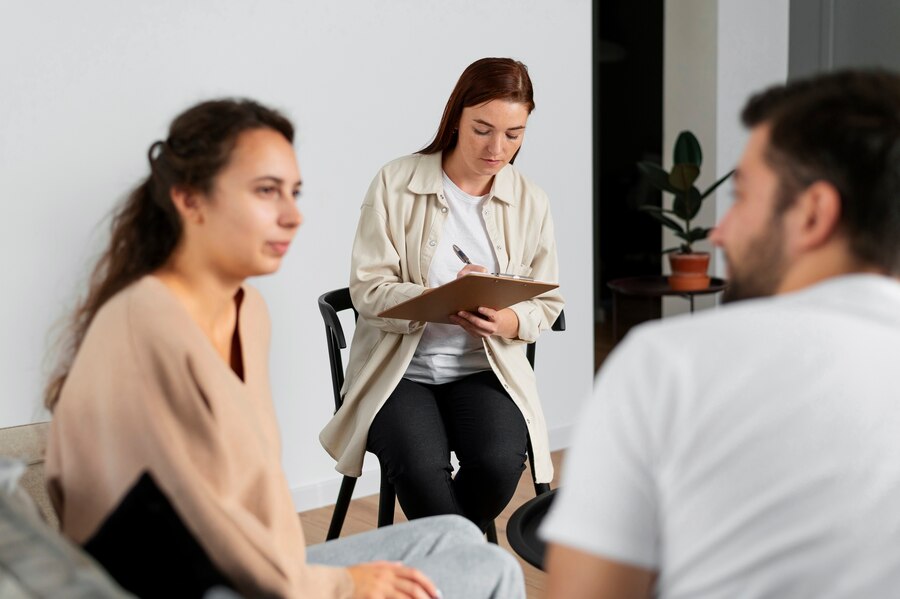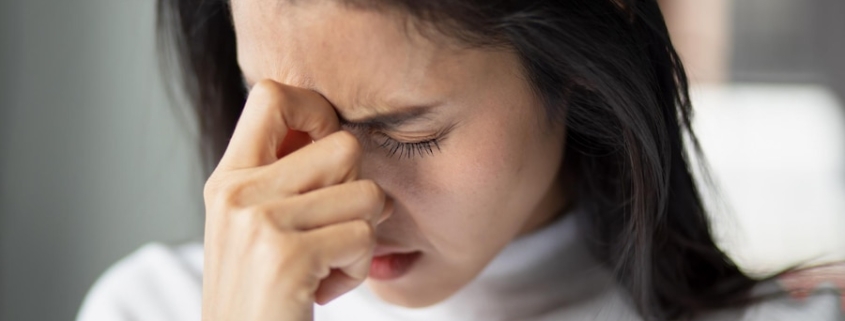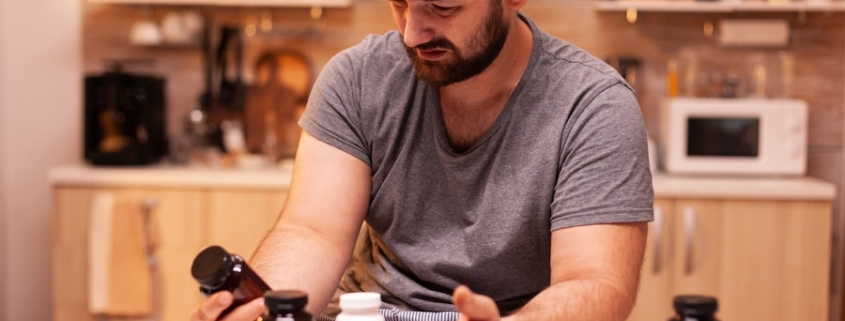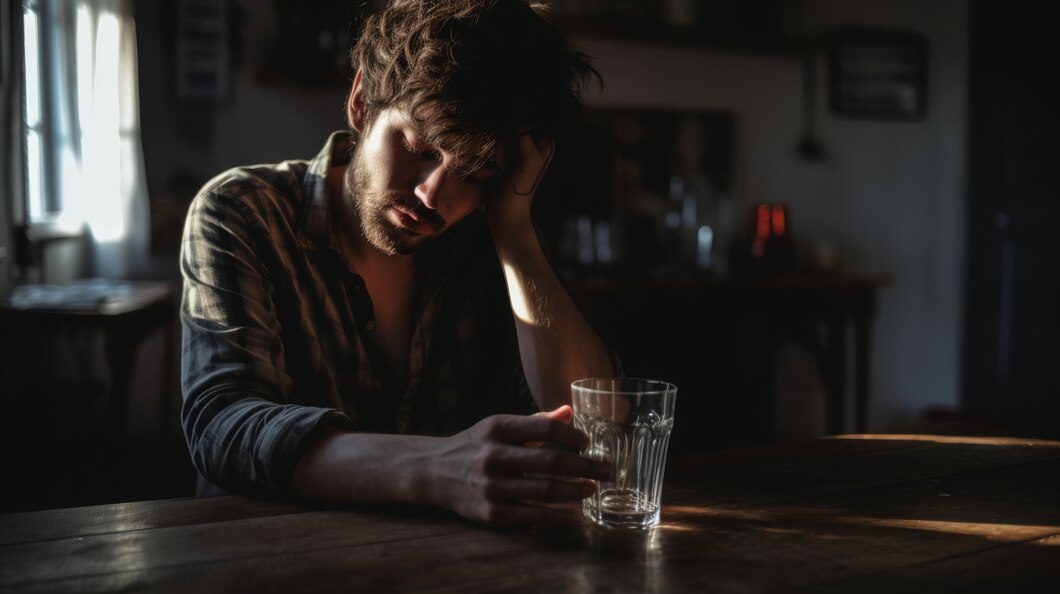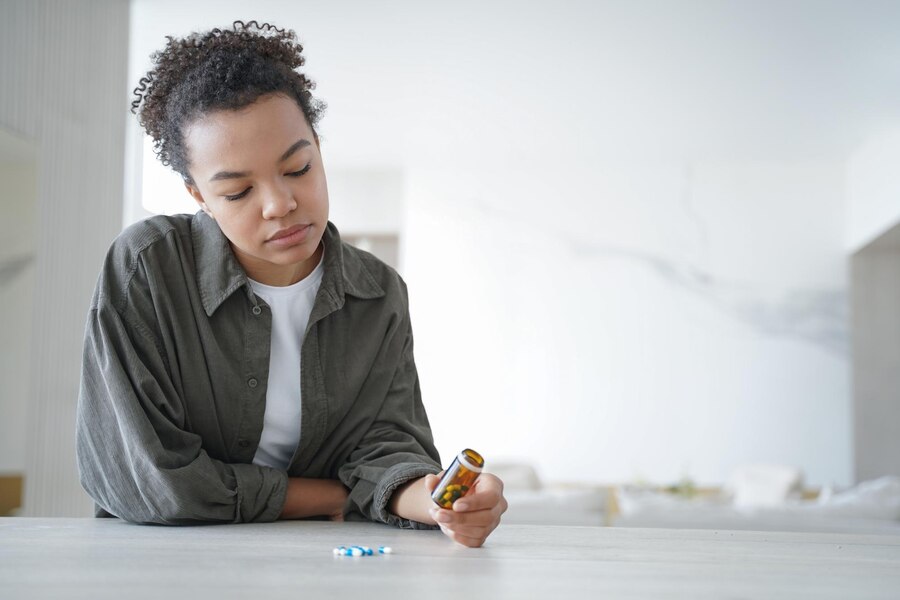Cognitive-Behavioral Therapy (CBT) at Couples Rehab involves integrating therapeutic techniques aimed at improving both individual and relational well-being within couples. CBT is adapted to address the dynamics of relationships, focusing on how thoughts, emotions, and behaviors influence interactions and overall relationship satisfaction. At Couples Rehab, CBT is tailored to help couples identify and modify negative patterns of communication and behavior, fostering a healthier and more supportive relationship environment. Therapists work collaboratively with couples to set goals and implement strategies that promote understanding, empathy, and effective conflict resolution.
Couples Rehab Services
Application of CBT Principles
At Couples Rehab, Cognitive-Behavioral Therapy (CBT) principles are applied with a focused intention to improve communication and problem-solving skills crucial for fostering healthy relationships. By addressing communication barriers and dysfunctional patterns, CBT facilitates the development of clear, assertive communication strategies and enhances active listening skills among couples. Through structured sessions, therapists guide couples in identifying and modifying negative communication habits, promoting openness and understanding in their interactions.
Techniques Used in CBT for Couples
In couples therapy at Couples Rehab, Cognitive-Behavioral Therapy (CBT) techniques are adapted to address specific challenges within relationships, promoting positive changes and relational growth. Here are some key techniques used:
- Cognitive Restructuring: This technique involves identifying and challenging unhelpful beliefs or assumptions that couples may hold about their relationship. Therapists at Couples Rehab guide couples through recognizing negative thought patterns and replacing them with more positive and realistic perspectives. By reframing beliefs, couples can develop healthier attitudes towards each other and their relationship, fostering mutual understanding and trust.
- Behavioral Experiments: Couples engage in structured activities or role-playing exercises designed to test new behaviors and responses in real-life situations. These experiments help couples at Couples Rehab explore different ways of interacting and responding to each other. By experiencing firsthand the outcomes of these behavioral changes, couples gain insights into what works best for improving their relational dynamics. This process encourages adaptive behaviors and promotes constructive changes that support relationship goals.
- Communication Skills Training: Effective communication is fundamental to healthy relationships. Therapists at Couples Rehab provide couples with training in communication techniques such as “I” statements, active listening, and conflict resolution strategies. Couples learn how to express their thoughts and feelings assertively while listening empathetically to their partner’s perspective. These skills enhance mutual understanding, reduce misunderstandings, and foster a supportive environment where both partners feel valued and respected.
By integrating these CBT techniques into couples therapy at Couples Rehab, therapists empower couples to address relationship challenges proactively. The structured approach helps couples develop practical skills for overcoming communication barriers, improving conflict resolution, and fostering a deeper emotional connection. Ultimately, CBT equips couples with the tools they need to build and sustain healthy, fulfilling relationships based on mutual respect, effective communication, and shared growth.
Addressing Individual Issues within the Couple

Building Trust and Enhancing Intimacy
At Couples Rehab, Cognitive-Behavioral Therapy (CBT) plays a crucial role in rebuilding trust and enhancing intimacy within relationships. Therapists utilize structured exercises and guided discussions to help couples navigate vulnerabilities, express emotions authentically, and develop effective strategies for nurturing closeness and connection.
CBT sessions at Couples Rehab are designed to create a safe and supportive environment where couples can explore sensitive issues and deepen their understanding of each other. Therapists facilitate open communication by encouraging partners to express their thoughts, feelings, and concerns without fear of judgment. This process allows couples to address past hurts, misunderstandings, or breaches of trust in a constructive manner.
Through cognitive restructuring techniques, therapists assist couples in identifying and reframing negative beliefs or perceptions that may hinder intimacy and trust. By challenging and replacing these unhelpful thought patterns, CBT helps couples cultivate more positive and realistic perspectives about themselves and their relationship. This shift in mindset promotes greater emotional resilience and strengthens the foundation of trust essential for long-term relationship stability.
How CBT Integrates with Other Therapeutic Modalities
CBT at Couples Rehab is often complemented by mindfulness-based therapies, which emphasize present-moment awareness and non-judgmental acceptance. Mindfulness techniques taught in conjunction with CBT help couples develop emotional regulation skills and enhance their ability to manage stress and conflicts effectively. By fostering mindfulness, couples can cultivate greater self-awareness and empathy, leading to improved communication and relational satisfaction.
Experiential therapies play a pivotal role in couples therapy at Couples Rehab by encouraging partners to engage in activities or role-playing exercises that promote bonding and mutual understanding. These therapies provide opportunities for couples to practice new communication skills learned through CBT in real-life scenarios, thereby reinforcing positive changes in relational dynamics. Experiential approaches also facilitate emotional expression and promote intimacy by creating shared experiences that strengthen the couple’s connection.
Family therapy is another integral component of the integrated approach at Couples Rehab. It involves supportive family members in the therapeutic process to address systemic issues that may impact the couple’s relationship. Family therapy sessions provide a platform for open dialogue, education about addiction or mental health issues, and the cultivation of a supportive network. By involving family members, therapists can reinforce the couple’s progress, promote understanding, and improve overall family dynamics, which is crucial for long-term relationship health.
By integrating CBT with mindfulness-based therapies, experiential therapies, and family therapy, Couples Rehab offers a comprehensive treatment approach that addresses the complex interplay of individual and relational factors. This integrated model not only enhances the effectiveness of therapy but also supports couples in building resilience, fostering deeper connections, and sustaining positive changes in their relationship over time.
Cognitive-Behavioral Therapy for Couples at Couples Rehab
Cognitive-Behavioral Therapy (CBT) at Couples Rehab is instrumental in fostering healthier, more fulfilling relationships by addressing cognitive distortions, improving communication skills, and promoting adaptive behaviors within the context of couples therapy. By integrating CBT with other therapeutic modalities and personalized treatment plans, Couples Rehab supports couples in overcoming challenges, enhancing mutual understanding, and building resilience. Through structured sessions guided by trained therapists, CBT empowers couples to cultivate lasting intimacy, trust, and emotional well-being, laying the groundwork for sustained relationship satisfaction and growth. Contact us today to learn more about how CBT can strengthen your relationship at Couples Rehab.
FAQ’s
1. Our communication is terrible. Can Cognitive-Behavioral Therapy (CBT) for couples help?
Answer: Absolutely! CBT is a powerful tool used in couples rehab to improve communication skills. You’ll learn to express needs effectively, listen actively, and navigate disagreements in a healthy way.
2. What is CBT for couples, and how does it work in couples rehab?
Answer: CBT for couples focuses on identifying negative thought patterns and behaviors that contribute to communication breakdowns. By learning to challenge these patterns, you can build better communication and emotional regulation as a couple.
3. We fight constantly. Can CBT in couples rehab help us resolve conflict more effectively?
Answer: Yes! CBT equips you with conflict resolution skills, like active listening and assertive communication. You’ll learn to identify triggers, express concerns calmly, and work together towards solutions.
4. I have unrealistic expectations of my partner. Can CBT for couples help us adjust?
Answer: CBT can be incredibly helpful. Therapists will guide you to identify and adjust unrealistic expectations, leading to a more fulfilling relationship built on mutual understanding.
5. Is CBT for couples all about blaming each other?
Answer: No! CBT focuses on solutions and positive change. Instead of assigning blame, the therapist helps you understand how your thoughts and behaviors affect each other.
6. Does CBT for Couples Rehab require both partners to participate?
Answer: Ideally, yes. For maximum benefit, both partners should participate. However, even if only one partner attends, learning CBT techniques can positively impact the relationship dynamics.
7. I’m nervous about sharing personal issues in couples rehab with CBT. Is confidentiality maintained?
Answer: Absolutely! Confidentiality is paramount in couples rehab. Therapists create a safe space for open communication while adhering to strict ethical guidelines regarding privacy.
8. How long does CBT for couples typically last in rehab programs?
Answer: The duration varies based on the program and your needs. Typically, it involves weekly sessions for several weeks or months, adjusted based on progress.
9. Is CBT the only therapy offered in couples rehab with Couples Rehab?
Answer: No. While common, couples rehab programs often incorporate other modalities – communication skills training, mindfulness practices, or trauma-informed therapy, depending on your specific situation.
10. Ready to try CBT for couples! How can we find a program offering it?
Answer: Many couples rehab programs utilize CBT! Research facilities in your area, or contact them directly to inquire about their therapeutic approaches. You can also search for programs accredited by organizations that emphasize CBT in their treatment philosophies. Remember, seeking help is a sign of strength, and CBT can equip you with the tools to build a stronger, more connected relationship.



